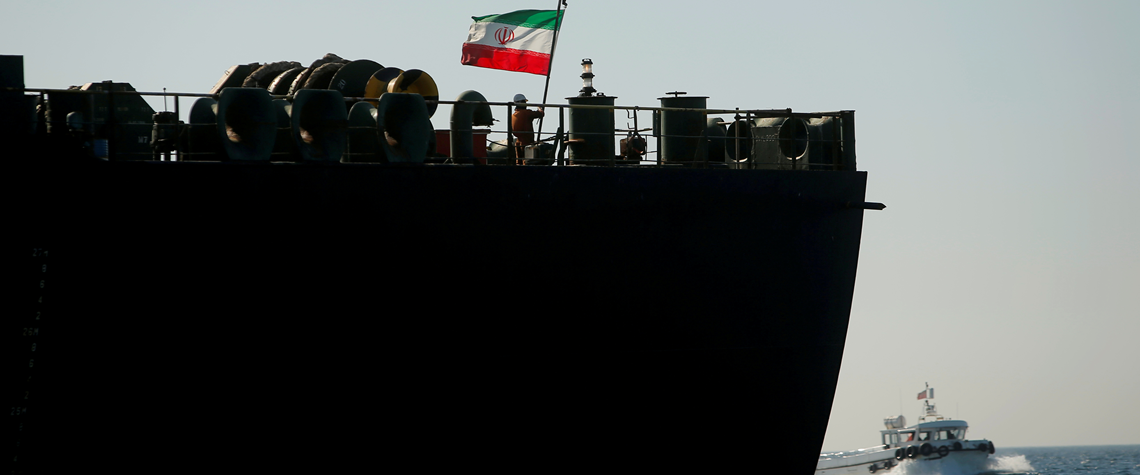Iran makes the best of it
Sanctions are constraining Iran’s output and straining oil storage capacity
The latest round of sanctions on Iran have confronted its petroleum industry with a new set of challenges. For at least two decades, it has struggled to sustain production at its ageing oil fields. Now, as under the Obama-era confrontation, sanctions pose a different problem: how to keep oil exports going as best as possible. When the Joint Comprehensive Plan of Action (JCPOA) came into force in January 2016, a new Iran Petroleum Contract was being defined to cover a range of fields for foreign investment. But this process made little progress, with the most advanced deal, with France’s Total and China’s CNPC for development of Phase 11 of the South Pars gas field, ending with Total’s exit i

Also in this section
18 February 2026
With Texas LNG approaching financial close, Alaska LNG advancing towards a phased buildout and Magnolia LNG positioned for future optionality, Glenfarne CEO Brendan Duval says the coming year will demonstrate how the company’s more focused, owner-operator approach is reshaping LNG infrastructure development in the North America
18 February 2026
The global gas industry is no longer on the backfoot, hesitantly justifying the value of its product, but has greater confidence in gas remaining a core part of the global energy mix for decades
18 February 2026
With marketable supply unlikely to grow significantly and limited scope for pipeline imports, Brazil is expected to continue relying on LNG to cover supply shortfalls, Ieda Gomes, senior adviser of Brazilian thinktank FGV Energia,
tells Petroleum Economist
17 February 2026
The 25th WPC Energy Congress, taking place in Riyadh, Saudi Arabia from 26–30 April 2026, will bring together leaders from the political, industrial, financial and technology sectors under the unifying theme “Pathways to an Energy Future for All”







